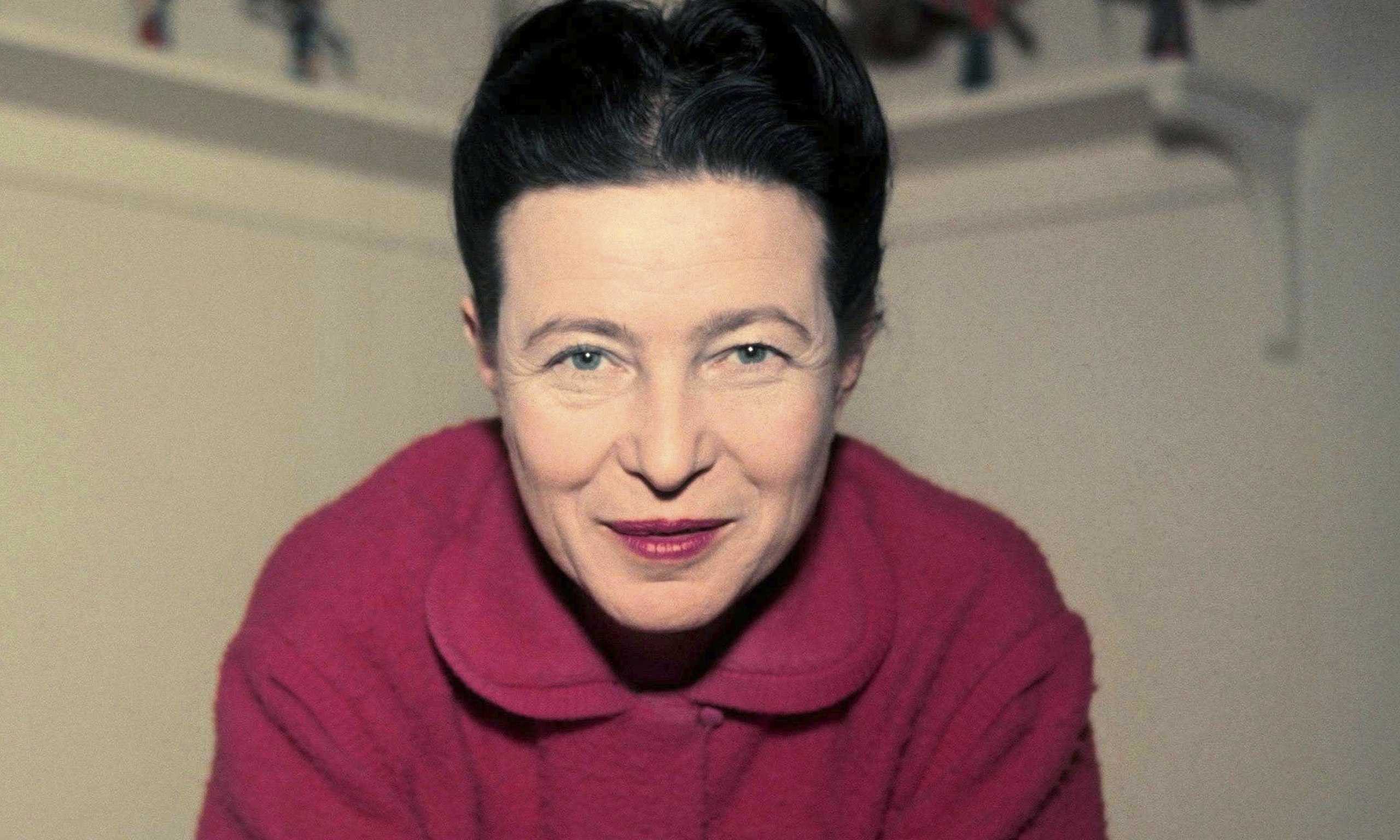The philosopher Ludwig Wittgenstein lead a tumultuous life of both creative and temperamental outbursts. He was a student of some of the most famous names in his field, Bertrand Russell included, but always left their company feeling disillusioned. His own linguistic take on philosophical questions was groundbreaking and earned him recognition as one of the 20th century’s most important philosophers. Outside of academia he was decorated for his bravery during the first World War, and briefly taught at a school for young children where he gained a reputation for his corporal punishments and obsession with mathematics. He also studied mechanical engineering.
Despite being described as a gay philosopher, Wittgenstein had several female lovers interspersed with his male ones, including one he proposed to, indicating that he may be more accurately described as bisexual. He avoided sex itself, claiming that it got in the way of love; for that reason he is also (tentatively) tagged here as asexual.
While it should not be taken as biographical fact, Wittgenstein has received the high honor of a dedicated Uncyclopedia page.






.jpg)